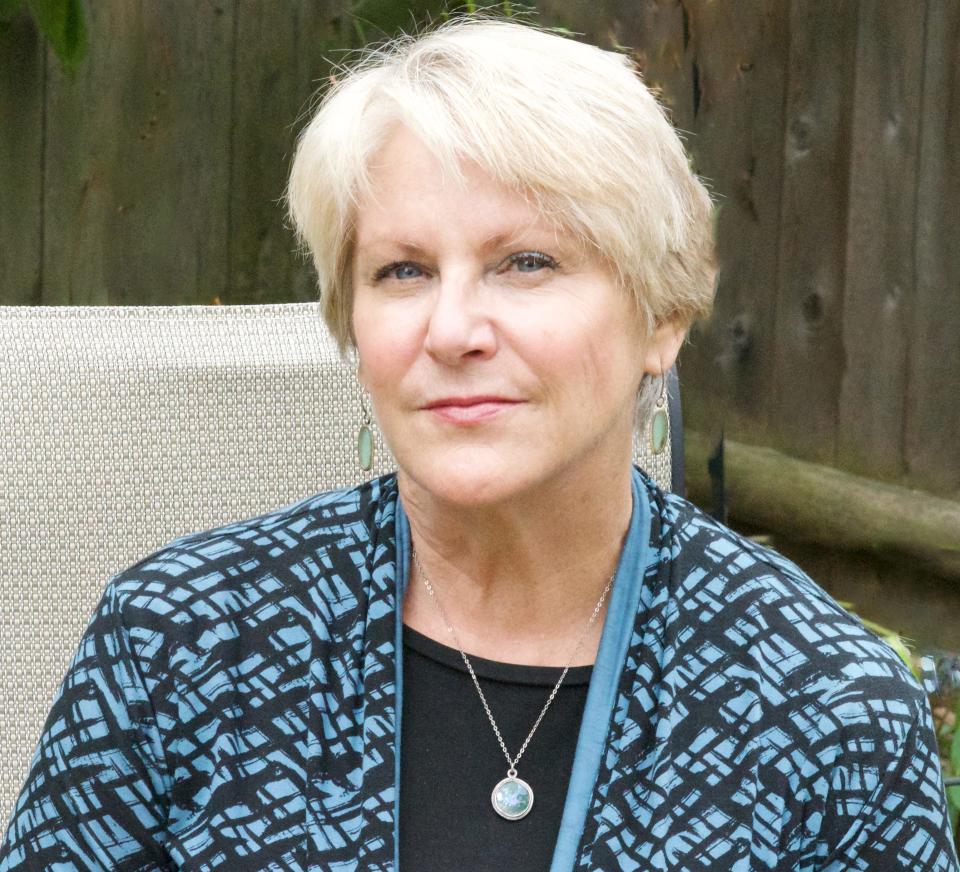Wisconsin youth worried another Holocaust could happen again
At a time of head-snapping polarization on teaching history, Wisconsin can take heart in hopeful developments on Holocaust education. After the Milwaukee Jewish Federation demonstrated the need in a study reporting that anti-Semitic incidents increased by 55% between 2018 and 2019, the state passed a law requiring Holocaust education for middle and high schoolers. In the first year, some 550 teachers from 223 school districts were trained on teaching the Holocaust by the Nathan Esther Pelz Holocaust Education Resource Center of the non-profit Milwaukee Jewish Federation.
The state distinguished itself on the first-ever 50-state survey on Holocaust knowledge in 2020, with Wisconsin millennials and GenZ adults ranking in the top 10 of all states in the survey by the Claims Conference. Wisconsin participants scored well in three areas: they had definitely heard about the Holocaust, could name at least one concentration camp, death camp, or ghetto and they knew that 6 million Jews were were murdered in the Holocaust.
So, somehow a significant chunk of the population of millennials and GenZers in Wisconsin has learned about the Holocaust, and knew it was “the systematic, bureaucratic, state-sponsored persecution and murder of the Jewish people by the Nazi regime and its collaborators during World War II.”
However, at a time when few survivors remain alive to bear witness, the next generations see abundant cause for alarm: 63% of Wisconsin respondents said they believe that something like the Holocaust could happen again today, higher than the 59% of those surveyed nationally.

Those of us from older generations who have been around for more history should take notice of what these younger folks are telling us. The message is all the more urgent considering that these generations are famously focused on the present. They are tethered to smart phones, smart speakers, and smart televisions. Even more than those of us who remember dial-up and dial phones, they are bombarded by notifications and instant messages. Indeed, they have more reason to want to glide past recent history when the global pandemic not only endangered so many lives but isolated us all from one another. It also left us adamant about not talking to anyone who did not agree with us on key topics.
The millennials, GenZ and beyond may not have heard many firsthand stories about the Great Depression or even the Civil Rights Movement, but they somehow sense the perils of avoiding hot button topics of history. So, besides making sure the right lessons are taught, we should listen.
Perhaps we need to pay attention to what younger people see: skyrocketing vitriol and a deep decline in empathy.
But one surging trend may hold a unifying answer: our growing obsession with genealogy. America’s fastest growing hobby is the study of family ancestry. Databases proliferate with crowdsourced new connections. So many people are mailing off DNA samples and learning surprises about their forebears and the circumstances of their lives.
Learning that you have a cousin in a faraway country you’ve never thought of or had a preset notion of could lead to a double take on a blanket view. Could this lead to a leveling of silos and an understanding of what prompted people to flee the familiar, run for their lives, or be brought against their will to this continent?
The hunger for facts about the context of lives that came before us, and the happenstances and hardships of history, could be humanizing. It might broaden perspectives on us and them divisions.
Education and roots exploration might lead us to greater compassion and understanding. Along the way, maybe we can persuade the next generations that the possibility of repeating genocide and other atrocious mistakes when we lose sight of our humanity will ever remain. But the likelihood can be greatly diminished.
Judy Rakowsky is the author of the new book Jews in the Garden, a Holocaust Survivor, the Fate of his Family and the Secret History of Poland in World War II.
This article originally appeared on Milwaukee Journal Sentinel: Wisconsin's progress on Holocaust education comes with chilling fear

